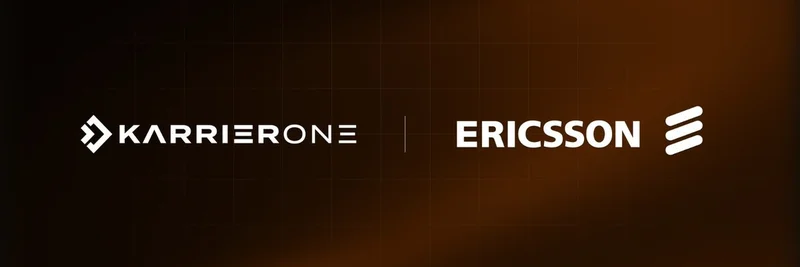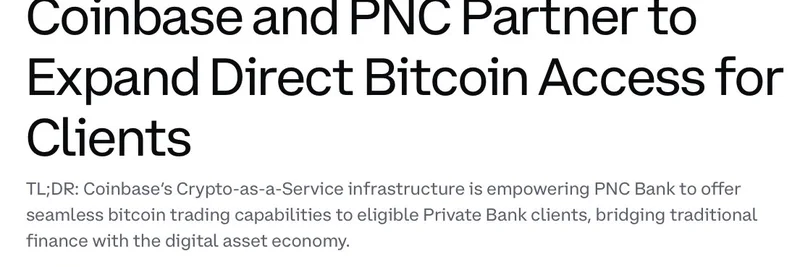Hey there, meme token enthusiasts! If you've been scrolling through X (formerly Twitter) lately, you might have stumbled upon a fiery post from crypto commentator MartyParty that's got everyone talking about government overreach in the blockchain space. In his recent tweet, MartyParty calls out the EU for supposedly banning non-custodial crypto wallets and accuses Google Play of doing the same by requiring licenses that force anti-money laundering (AML) and know-your-customer (KYC) checks on apps. He compares it to the early days of the internet, arguing that crypto is just code and a First Amendment right – the people, not governments or banking cartels, should decide what's valuable.
For those new to the lingo, non-custodial wallets are like your personal safe for crypto assets. Unlike custodial ones where a third party holds your keys (think exchanges like Binance), non-custodial wallets give you full control – no middleman, just you and your private keys. This decentralization is the heart of what makes blockchain revolutionary, especially for meme tokens that thrive on community-driven hype and freedom from traditional finance.
But is the sky really falling? Let's break it down. The tweet sparked a wave of reactions, but recent reports clarify that Google has backtracked a bit. According to updates from sources like CoinTelegraph and The Block, Google Play's new policy requires licenses for crypto exchanges and software wallets in regions like the US and EU, but they've explicitly stated that pure non-custodial wallets aren't in scope. It's more about cracking down on unlicensed exchanges than outright banning self-custody tools. Still, the initial announcement caused a stir, highlighting the ongoing tug-of-war between regulators and the crypto community.
On the EU side, things are heating up with the Markets in Crypto-Assets (MiCA) regulation, which aims to bring more oversight to the space. While there's no blanket ban on non-custodial wallets yet, upcoming rules set for 2027 could require identity verification for transfers involving regulated platforms, as noted in OneKey's blog. This could indirectly push users toward compliant apps, making life tougher for privacy-focused projects.
Now, why does this matter for meme tokens? Meme coins like Dogecoin, Shiba Inu, or emerging ones often rely on grassroots communities that value anonymity and quick, borderless transactions. Stricter wallet rules could dampen the viral spread that fuels meme token pumps, as users might hesitate if they feel Big Brother is watching. It's a reminder that while meme tokens are fun and potentially lucrative, they're deeply intertwined with broader crypto freedoms.
The thread's replies capture the community's pulse perfectly. One user from the EU vents about high taxes and considers relocating, while another suggests using FOSS (free and open-source software) apps, VPNs, or even GrapheneOS for extra privacy. But what caught our eye here at Meme Insider is the shoutout to $CULT from Cult DAO. A reply from @DavidColqu81637 ties the decentralization ethos directly to $CULT, saying, "Absolutely now let’s talk about $CULT @wearecultdao @ModulusZK dropping soon these values are at the heart of our project and community dyor ✅" – complete with some eye-catching visuals.
$CULT is the native token of Cult DAO, a decentralized venture capital platform that's all about funding revolutionary projects in the blockchain space. With a current price hovering around $0.000005 (up about 5-6% in the last day, per CoinMarketCap), it's not your typical dog-themed meme but carries that cult-like community vibe that's perfect for the meme token narrative. They're building ModulusZK, a privacy-focused zero-knowledge Ethereum Virtual Machine (zkEVM), which aligns spot-on with resisting control – think enhanced privacy for transactions, shielding users from prying eyes.
And check out this buy alert shared in the reply – someone scooped up over 10 billion $CULT for nearly $50K, showing real conviction amid the regulatory noise.
Projects like $CULT embody the spirit MartyParty is defending: decentralization as a core value, empowering individuals over institutions. As regulations evolve, meme token holders and creators should stay informed – DYOR (do your own research) is more crucial than ever. Whether it's sideloading apps or migrating to privacy-centric chains, the community will adapt, just like it did in the early internet era.
What do you think? Is this banking desperation, or necessary oversight? Drop your thoughts in the comments, and keep an eye on meme-insider.com for more updates on how regs are shaping the meme token landscape. Stay decentralized, folks! 🚀



